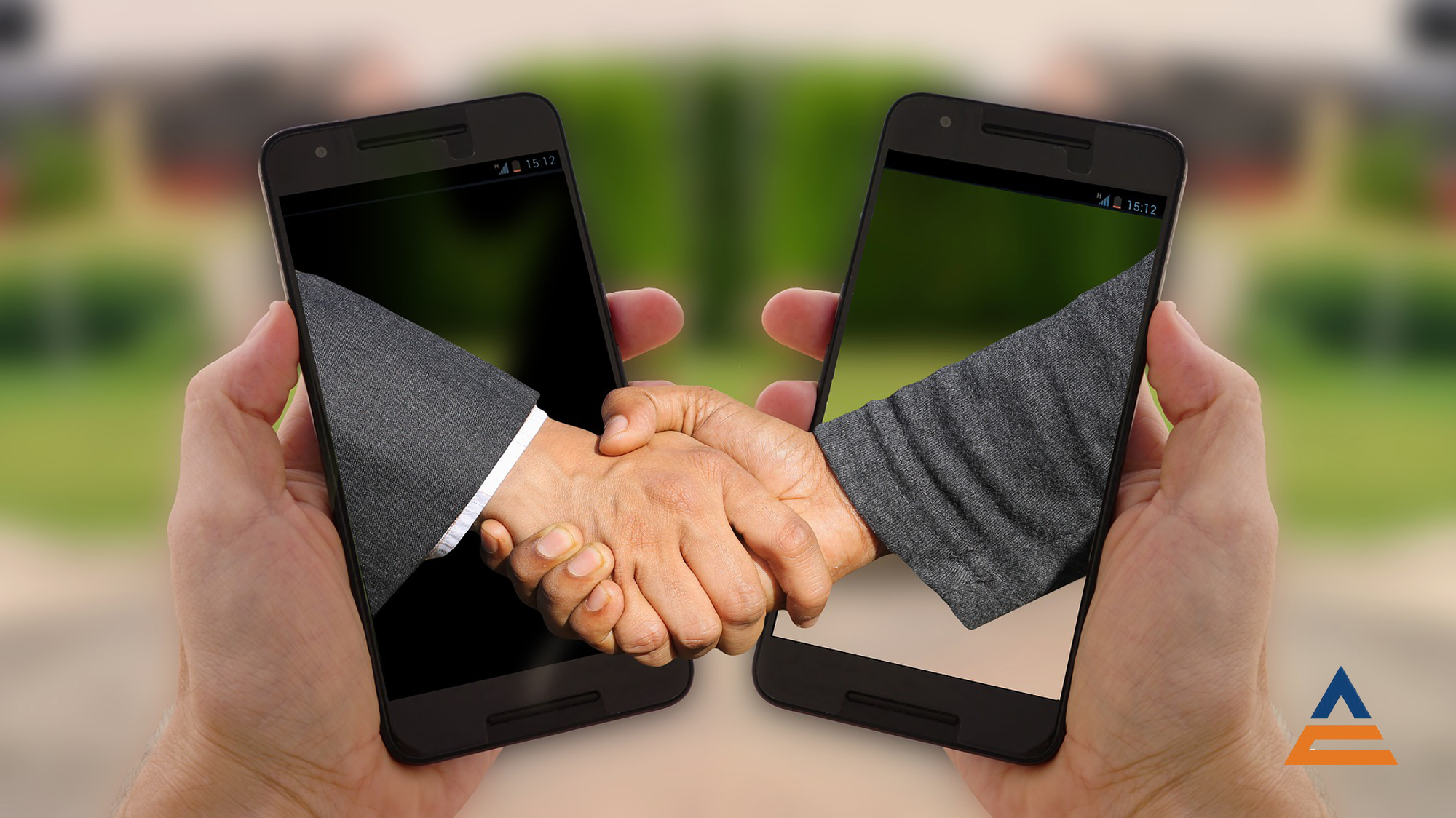Blockchain in procurement – Smart contracts and more
A blockchain is a growing list of cryptographically signed, irrevocable transaction records shared by all participants in a network. By storing, managing and tracking requests, orders or invoices, Blockchain has the potential to profoundly change procurement processes.
Application example Smart Contracts
The automation of procurement processes continues to pick up speed and could be additionally driven by the use of blockchains. The advantages of blockchain technology – transparency and data protection – are best applied in Smart Contracts. These are contracts that are embedded in a program code on the blockchain and automatically handle a wide variety of administrative and process applications. In this way, ownership can be organized and controlled in real time and contract clauses can be implemented automatically.
An example in procurement is embedding the purchase price in the delivery reliability. After posting the goods receipt, the ERP system checks whether the goods were delivered on time. The system then adjusts the supplier’s delivery reliability key figure and transfers it to the corresponding purchase price on the next invoice. By using blockchain technology in this area, many transactions can be automated, significantly reducing the overall transaction costs in procurement.
Status Quo of the Blockchain Technology
Blockchain is one of the most widely used buzzwords in digitization and promises enormous monetary and time savings. Some large providers of purchasing solutions, such as SAP Ariba or GEP, have recognized the possibilities early on and are currently focusing on stimulating the market through targeted blockchain marketing. However, even the blockchain technology is not yet out of its infancy with the large providers and often not rather as prototypes. It is often unclear which applications bring added value in which industry and whether the business cases can work at all.
Blockchain is therefore by no means a technological solution that will flood the market within the next 6 months. Rather, this technology still requires some fine-tuning to enter the implementation phase. Despite this, Blockchain will continue to fuel digitization and as soon as it is ready for the market, the technology will also quickly become relevant for medium-sized businesses.
The time until then should be used to review and optimize the existing procurement processes and to test the performance of their own ERP system. Then also the middle class is ready, if the Blockchain technology reaches the procurement departments.
You need support in the analysis of your processes in procurement and supply chain? Our Smart Procurement Check is the ideal introduction to the continuous further development towards smart procurement. Talk to us.
Oliver Kreienbrink
Managing Director, ADCONIA GmbH (Oberhausen)
Vivien Koch
Consultant, ADCONIA GmbH (Oberhausen)



